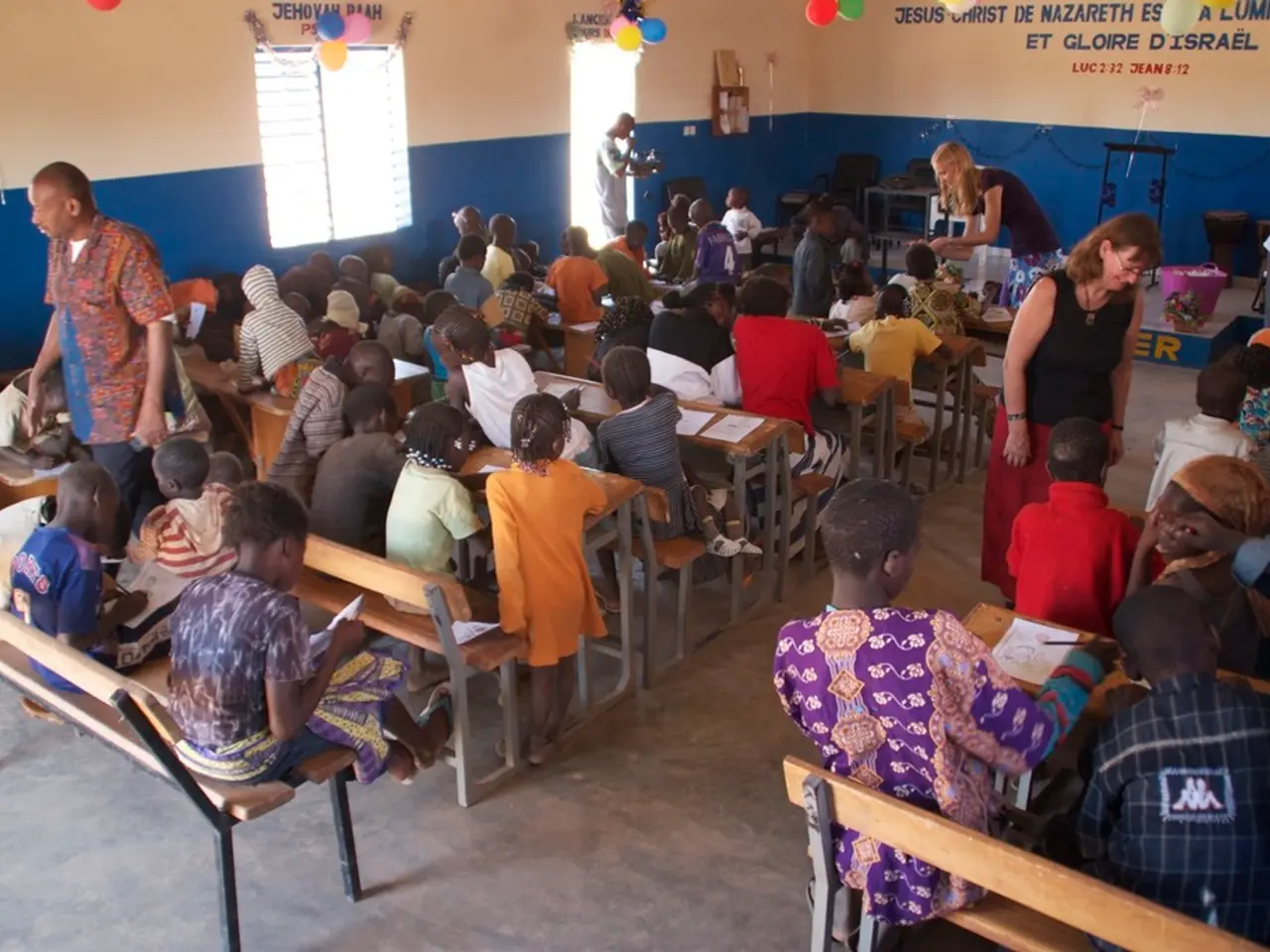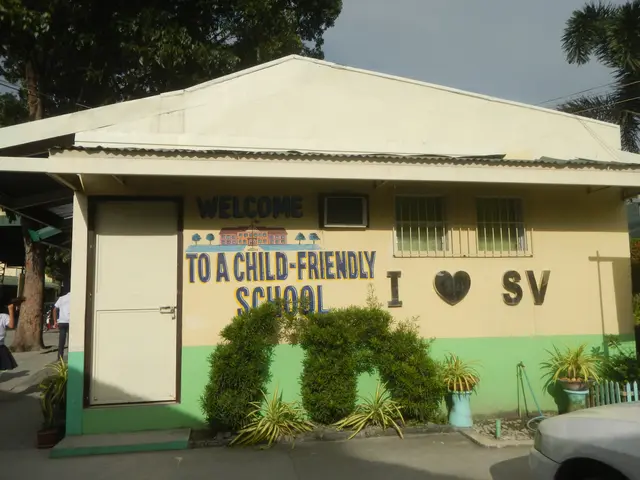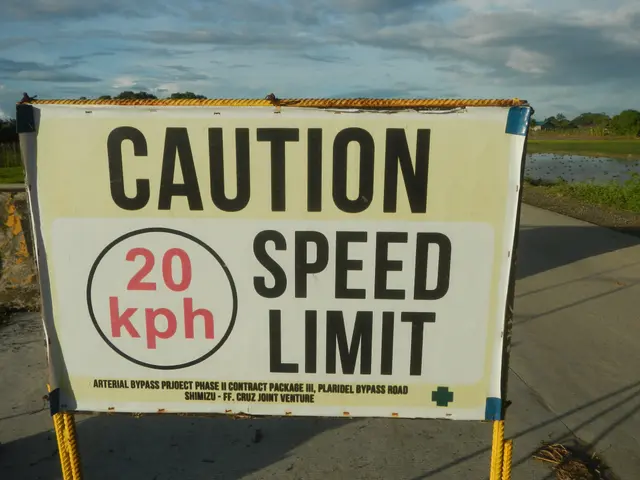Kazakhstan's Cerebral Palsy Support Falters at 18: Mothers Face Bureaucratic Nightmare
As children with cerebral palsy reach adulthood, their mothers face a daunting task to maintain crucial support. In Kazakhstan, turning 18 triggers a complex bureaucratic process, leaving families in limbo for months without benefits.
Currently, the Kazakhstani government, including the Ministry of Health and Ministry of Education, bears the responsibility to improve this system. Annual rehabilitation often falls short, failing to cater to each child's unique needs. Mothers must navigate a lengthy court process to declare their child legally incapacitated and establish guardianship, resulting in a five-month gap in benefits.
Adding to the challenge, officials lack accurate records due to the absence of digital records. Securing a suitable wheelchair can take up to eight months, and state-provided orthopedic footwear may be unavailable or require additional payment for proper fitting. Despite these struggles, mothers receive little recognition or support, even on holidays like New Year's. Many are unable to work, leading to financial strain and no pension benefits. High-ranking officials discuss 'new approaches to inclusion', yet daily challenges persist for these families.
In Kazakhstan, children with cerebral palsy and their mothers face numerous obstacles when they turn 18. While the government acknowledges the need for change, immediate action is required to address the lack of support, inadequate equipment, and bureaucratic hurdles that these families endure.








